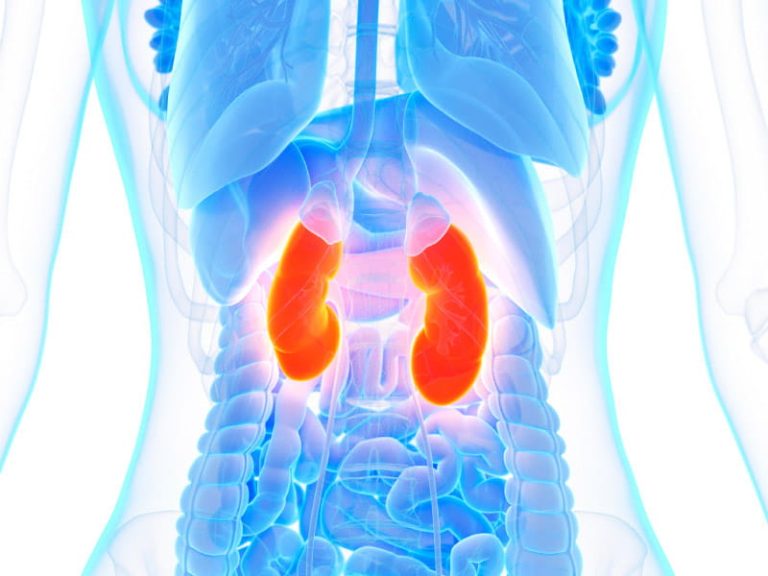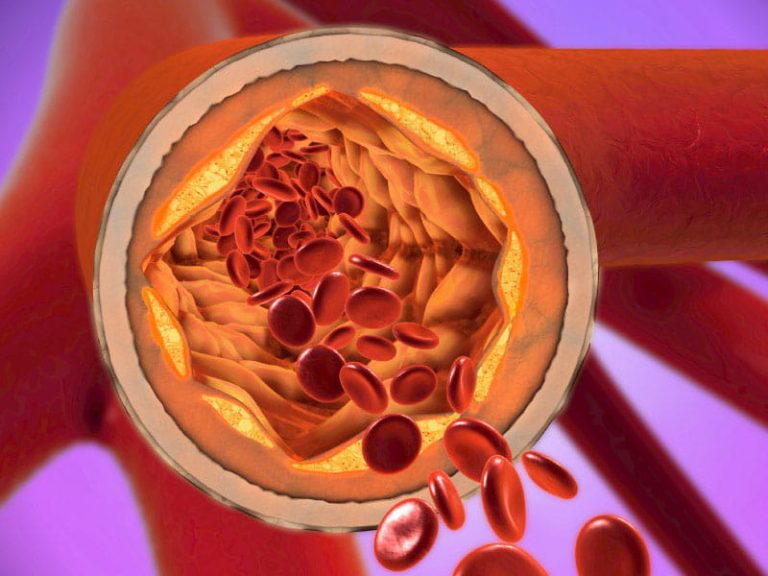Can you get high blood pressure from frozen embryo transfer?
Can you get high blood pressure from frozen embryo transfer? The research, printed Monday within the American Coronary heart Affiliation journal Hypertension, discovered fertilization with frozen embryos was related to a 74% increased threat of excessive blood pressure-related being pregnant issues than fertilization with a recent embryo or being pregnant by pure conception.
The research included a comparability of siblings conceived with each recent and frozen embryos that led researchers to conclude the upper threat was related to the in vitro fertilization, or IVF, course of and never a threat issue related to the dad and mom.
“Frozen embryo transfers are actually more and more frequent everywhere in the world, and in the previous few years, some medical doctors have begun skipping recent embryo switch to routinely freeze all embryos of their scientific apply, the so-called ‘freeze-all’ method,” lead research creator Dr. Sindre H. Petersen mentioned in a information launch. Petersen is a Ph.D. fellow on the Norwegian College of Science and Expertise in Trondheim, Norway.
“Our outcomes spotlight that cautious consideration of all advantages and harms is required earlier than freezing all embryos as a routine in scientific apply,” he mentioned.
Hypertension, or hypertension, issues throughout being pregnant embrace preeclampsia, a dysfunction that may endanger the well being and lifetime of the mom and fetus. Within the U.S., roughly 1 in 25 pregnancies leads to preeclampsia.
When pregnancies are achieved by IVF, eggs are faraway from the mom’s ovaries and fertilized by sperm within the lab, creating an embryo. The recent embryo might then be transferred to the mom’s uterus or frozen utilizing cryopreservation. The frozen embryo might later be thawed after which transferred to the uterus. The apply of freezing embryos has develop into extra frequent due to latest developments in cryopreservation applied sciences.
Prior analysis has proven a better threat of excessive blood pressure-related being pregnant issues related to using frozen embryos, however researchers have been unsure if that threat was as a result of freezing course of or parental threat elements.
On this research, researchers analyzed medical knowledge for two.4 million ladies in Denmark, Norway and Sweden who gave beginning between 1988 and 2015. The ladies had been between 20 and 44 years outdated. The research in contrast 4.4 million naturally conceived pregnancies, greater than 78,000 pregnancies from recent embryo transfers and greater than 18,000 pregnancies from frozen embryo transfers. Researchers additionally included 33,000 sibling comparisons, wherein siblings had been conceived by the identical mom utilizing a distinct methodology.
In comparison with ladies who conceived naturally, those that used frozen embryos throughout IVF had been 74% extra prone to develop hypertensive issues throughout being pregnant, whereas those that used recent embryos didn’t see an elevated threat.
The danger of creating hypertensive issues in being pregnant was twice as excessive from frozen embryo switch in comparison with pure conception amongst ladies who had conceived utilizing each strategies.
“Our sibling comparisons point out that the upper threat is just not attributable to elements associated to the dad and mom,” however quite that IVF therapy elements could also be concerned, Petersen mentioned. “Future analysis ought to examine which components of the frozen embryo switch course of might influence threat of hypertension throughout being pregnant.”
The research additionally discovered infants conceived utilizing IVF had been extra prone to be born prematurely. About 7% of infants conceived utilizing frozen embryos had been born earlier than 40 weeks of gestation and eight% of infants conceived utilizing recent embryo transfers had been delivered early in comparison with 5% of these conceived naturally.
“Our outcomes spotlight that cautious consideration of all advantages and potential dangers is required earlier than freezing all embryos as a routine in scientific apply,” Petersen mentioned. “A complete, individualized dialog between physicians and sufferers about the advantages and dangers of a recent versus frozen embryo switch is vital.”







